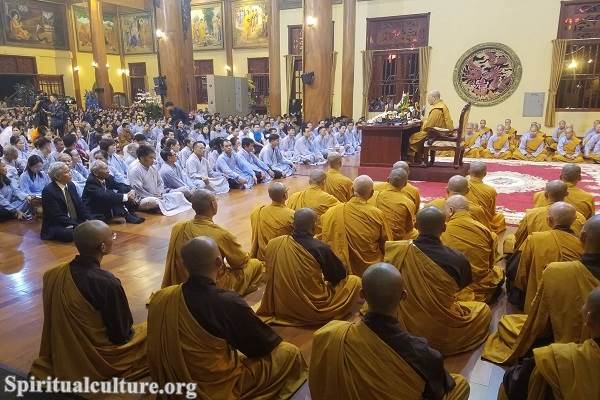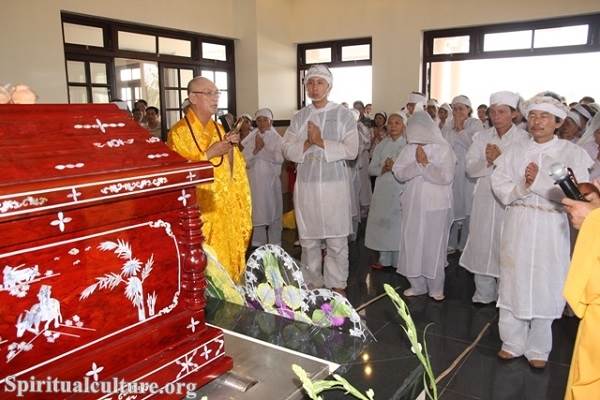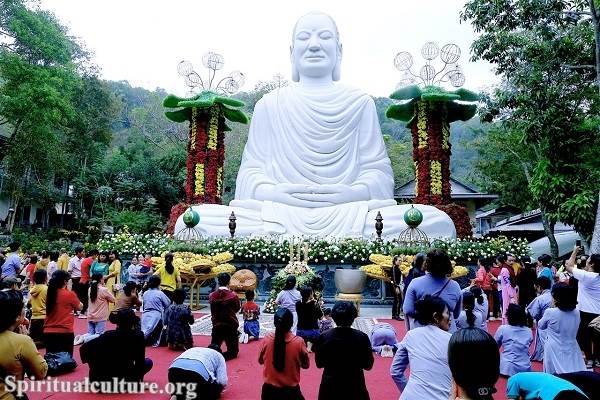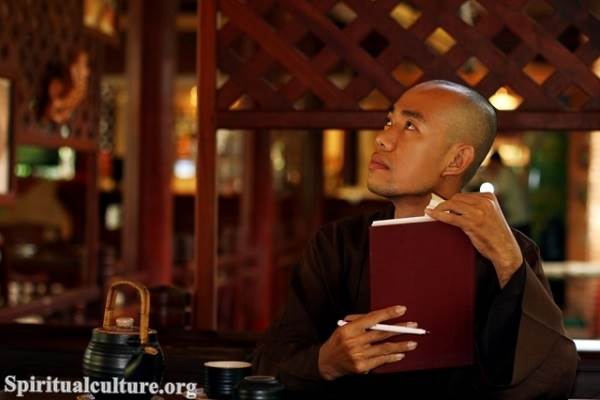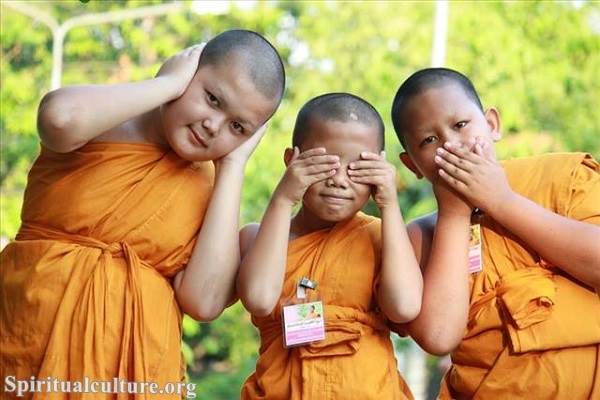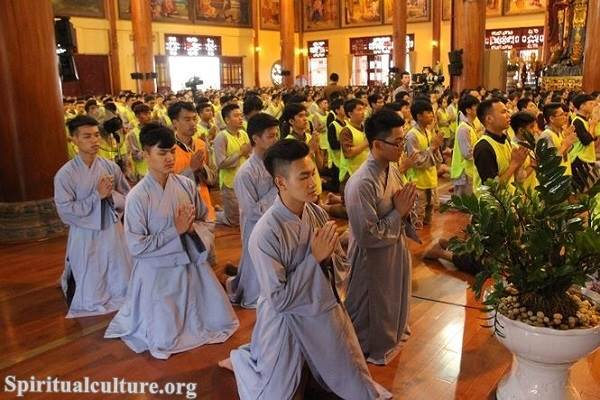The Buddha ate meat, and there are many examples of meat being served at Buddhist monasteries and offered to monks in the scriptures. However, the Buddha also taught the principles of non-harming and compassion, and some Buddhists follow a vegetarian diet to practice these values.
In general, the decision to eat meat or not is a personal one that should be made based on an individual’s circumstances, values, and goals.
Some Buddhists may eat meat if they feel it is necessary for their physical health or live in a culture where it is a traditional part of the diet. Others may follow a vegetarian or vegan diet to reduce suffering and promote non-harming.
Ultimately, the important thing is not whether or not a person eats meat but how they make that decision and how they act in the world. A person who follows a vegetarian diet but causes harm to others is not acting in accordance with the teachings of the Buddha, while a person who eats meat but is kind and compassionate to all beings is acting in a way that is consistent with the Buddha’s teachings.
